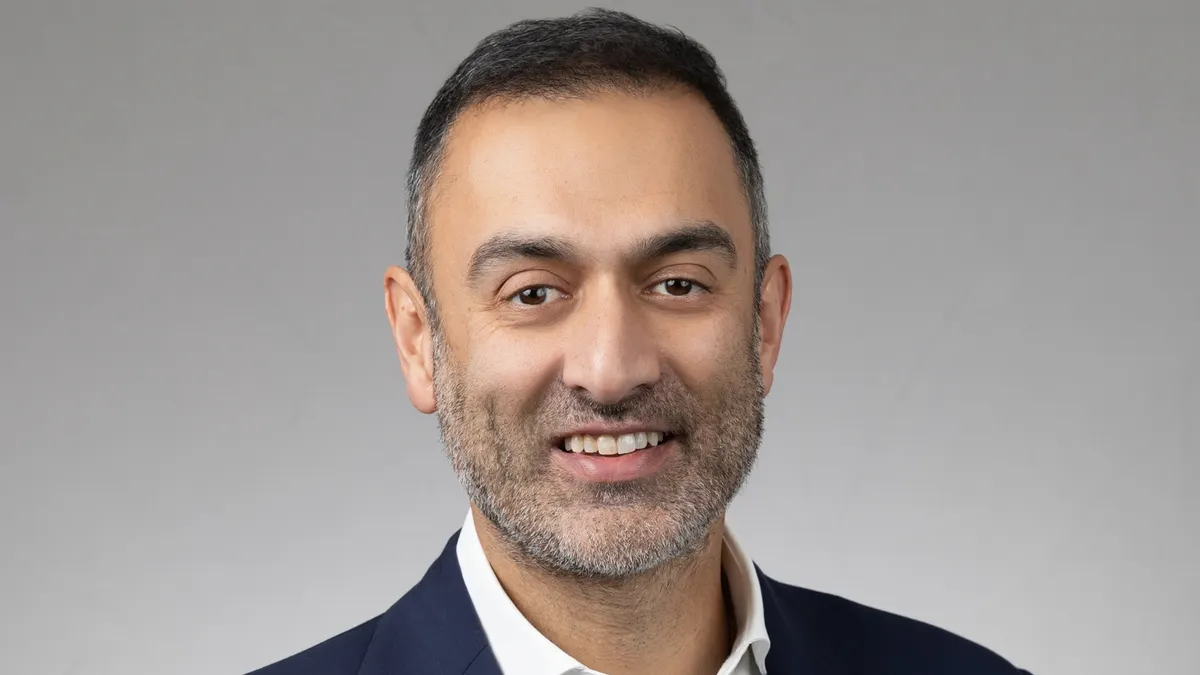Shares of BridgeBio Pharma ticked up on Thursday after the company reported early but encouraging signs of demand for a drug it’s just begun selling for a deadly heart condition.
According to fresh earnings results, 516 doctors have written 1,028 unique prescriptions for the drug, sold as Attruby, since it was approved on Nov. 22 as a treatment for transthyretin amyloidosis with cardiomyopathy. While those prescriptions have yet to translate to significant sales for BridgeBio — it recorded $2.9 million in net product revenue through the end of 2024 — they’ve more than doubled since an earlier update from the company in January.
“I am very encouraged by the strength of the Attruby launch, with prescriptions being successfully filled across all patient types,” said Matt Outten, BridgeBio’s chief commercial officer, in a statement.
The update lifted BridgeBio shares about 5% in early trading Thursday. The company’s stock price has climbed more than 30% since the beginning of the year, largely due to early numbers suggesting Attruby may be outperforming Wall Street’s expectations.
Investors and analysts are paying close attention to Attruby’s launch because of the drug’s potentially large, but uncertain, financial upside. Attruby is now one of only two medicines available for ATTR cardiomyopathy, a progressive condition that leads to heart failure and death. The other, Pfizer’s tafamidis, surpassed $5 billion in sales in 2024, reflecting a market some analysts expect to eventually be worth $15 billion to $20 billion annually.
BridgeBio has contended its drug, which similarly stabilizes a misshapen protein, is more effective. But the biotech has faced skepticism about its ability to compete not only with Pfizer, but also Alnylam Pharmaceuticals which has a different type of therapy under review in the U.S.
In recent interviews with BioPharma Dive, CEO Neil Kumar claimed Attruby will prove the “obvious” choice for people who either don’t respond to tafamidis or end up progressing after treatment. Though there are caveats in comparing drugs across trials, he pointed to results suggesting Attruby’s benefits may materialize more quickly and have a larger impact.
“There’s probably a degree of skepticism around: ‘Can a bunch of science nerds launch a drug?’” he said last year. “I get that, and I’m going to show that we can.”
Early prescription totals suggest the launch is going well, according to Mizuho Securities analyst Salim Syed. In a note to clients, Syed wrote the “bogey” for prescription numbers, based on conversations with investors, was in the “800 range.” BridgeBio surpassed that total without refill prescriptions, another reason Syed expects 2025 sales to be “handily north” of consensus estimates of $86 million.
Leerink Partners analyst Mani Foroohar added that the new figures counter investor skepticism that Attruby’s initial launch figures were a “bolus effect,” or that doctors may be reluctant to prescribe the drug with Alnylam’s treatment nearing approval.
The “focus now shifts to how scripts translate to sales,” Foroohar added.
The medicine was also approved this month as Beyonttra in Europe, where Bayer leads commercialization and BridgeBio receives royalties under a 2024 deal.















